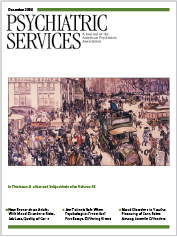Dancing With Einstein
Dancing With Einstein, by Kate Wenner, did not grab me at first. The prospect of reading about the psychotherapy of a neurotic, well-educated, and talented young woman who has traveled the world compulsively did not intrigue me, given that I have read other novels that seemed to stake out similar ground. And Wenner, herself a well-traveled woman who was a producer of the television program 20/20, has a writing style that at first seemed overwrought.
However, 15 pages in, I was caught up in Wenner's story of a 30-ish woman who is the daughter of a Jewish scientist whose parents sent him to the United States for his education. He never saw his parents again. He learned that they were killed in the Holocaust. Later, he goes on to become part of the Manhattan Project and to work with the most famous scientists of his time. Indeed, Albert Einstein does become part of the family life of the heroine and her parents, whose marriage and relationship suffer from her father's work on the bomb and various and sundry emotional baggage.
I cannot comment on the historical accuracy of the rich background of this story, but Wenner does a good job of making these famous characters present and part of the heroine's story. At the novel's beginning, she has decided to stop traveling the world and put down roots in New York City by getting a job and starting psychotherapy. An element of the story that I think any mental health professional would find intriguing is that the young woman decides to try out four different types of psychotherapy—with a Jungian, a feminist, a young analyst in training, and an older female therapist who has her tell her story. The heroine somehow undergoes all this therapy at the same time, without health insurance or much money to speak of. She ends up sticking with only two of her polytherapies, and she seems to benefit from them both. Go figure. This is an enjoyable story well worth reading.
Dr. Bauer is affiliated with the Massachusetts Society for the Prevention of Cruelty to Children in Greenfield.



